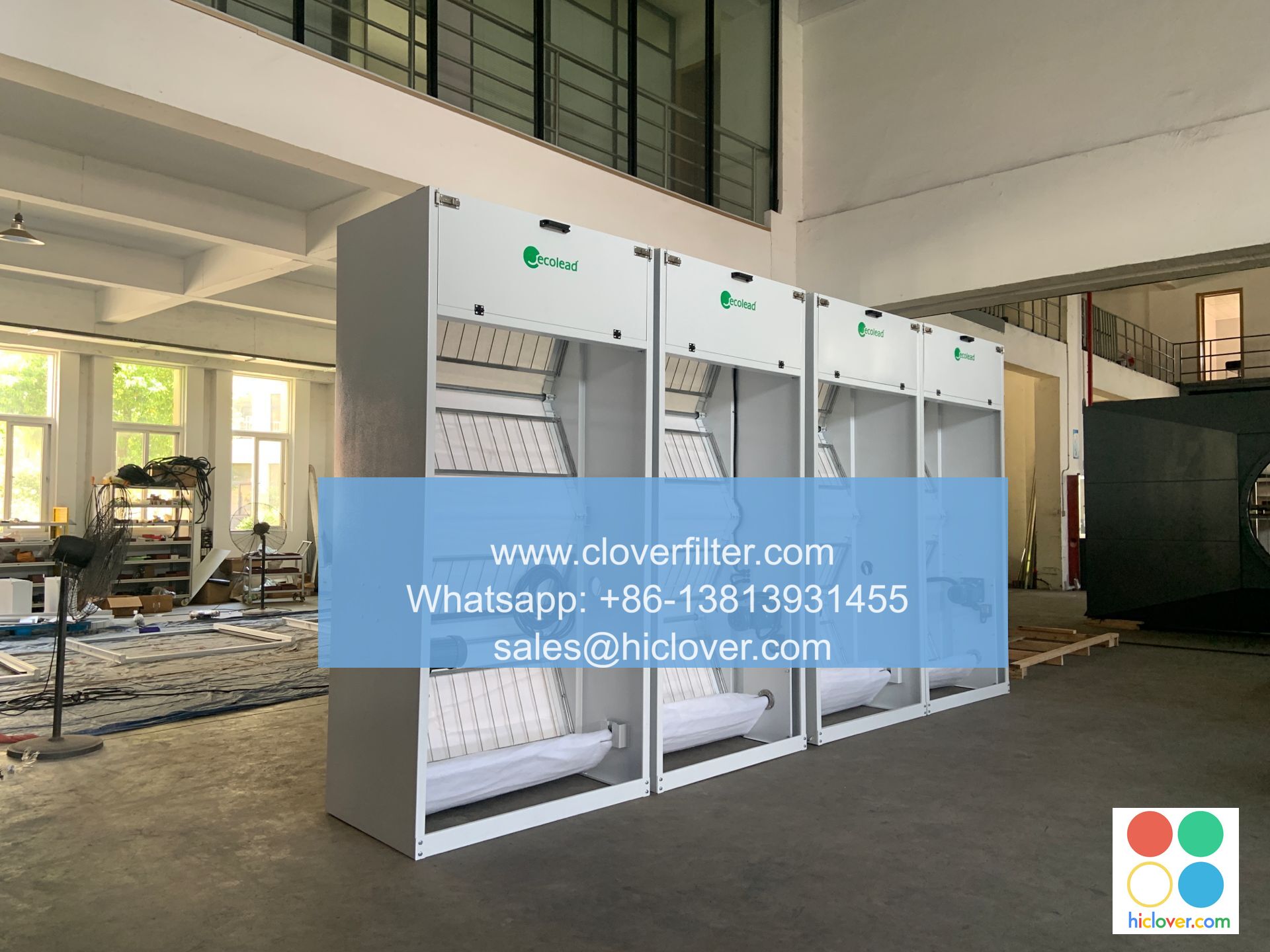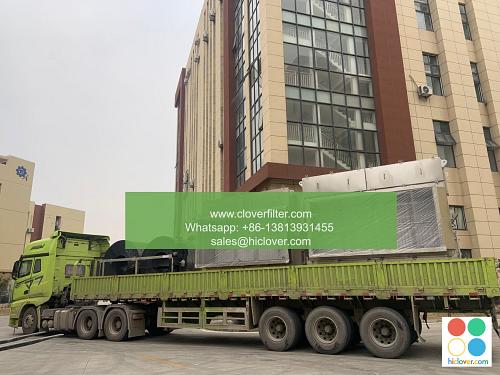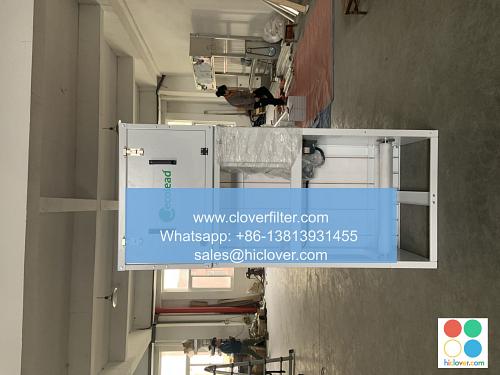Selecting the Perfect Air Filter for Your HVAC System: Tips and Tricks

Proper air filtration is crucial for maintaining a healthy and efficient heating, ventilation, and air conditioning (HVAC) system. A good air filter can improve indoor air quality, reduce energy consumption, and prolong the lifespan of your HVAC equipment. However, with so many options available, selecting the perfect air filter can be overwhelming. In this article, we will provide you with valuable tips and tricks to help you choose the right air filter for your HVAC system, highlighting various application areas such as residential, commercial, and industrial settings.
Understanding Air Filter Types and Ratings
Before selecting an air filter, it’s essential to understand the different types and ratings available. The most common types of air filters include:
- Fiberglass filters: Basic and inexpensive, but less effective in capturing small particles.
- Pleated filters: More efficient than fiberglass filters, with a larger surface area to capture particles.
- HEPA (High Efficiency Particulate Air) filters: Capture 99.97% of particles as small as 0.3 microns, ideal for allergy sufferers and asthma patients.
- Activated carbon filters: Effective in removing odors and gases from the air.
- System compatibility: Ensure the filter is compatible with your HVAC system and air handler unit.
- Filter size: Choose a filter that fits your system’s requirements, taking into account the air flow rate and static pressure.
- Maintenance and replacement: Consider the filter’s .cleanability and replacement frequency, as well as the cost of replacement filters.
- Indoor air quality concerns: If you have allergies or respiratory issues, look for filters with high HEPA or antimicrobial properties.
- Residential: Look for filters with high MERV ratings (e.g., MERV 11 or higher) and allergen-fighting properties.
- Commercial: Consider filters with high air flow rates and odor-removing capabilities, such as activated carbon filters.
- Industrial: Choose filters with high efficiency and durability, such as HEPA or ultra-fine filters, to protect sensitive equipment and personnel.
Air filter ratings, such as MERV (Minimum Efficiency Reporting Value) and MPR (Micro-Particle Performance Rating), indicate the filter’s ability to capture particles of different sizes. A higher rating generally means better filtration performance.
Factors to Consider When Selecting an Air Filter
When choosing an air filter, consider the following factors:
Different application areas require specialized air filters:
Conclusion and Recommendations
Selecting the perfect air filter for your HVAC system requires careful consideration of various factors, including filter type, rating, and application area. By understanding the different types of air filters and their ratings, and considering factors such as system compatibility, maintenance, and indoor air quality concerns, you can choose the right filter for your specific needs. Remember to replace your air filter regularly to ensure optimal performance and efficiency. For more information and guidance, consult with an indoor air quality expert or a hvac professional. You haven’t asked a question or provided any context. What would you like to talk about or ask? I’ll do my best to help.


